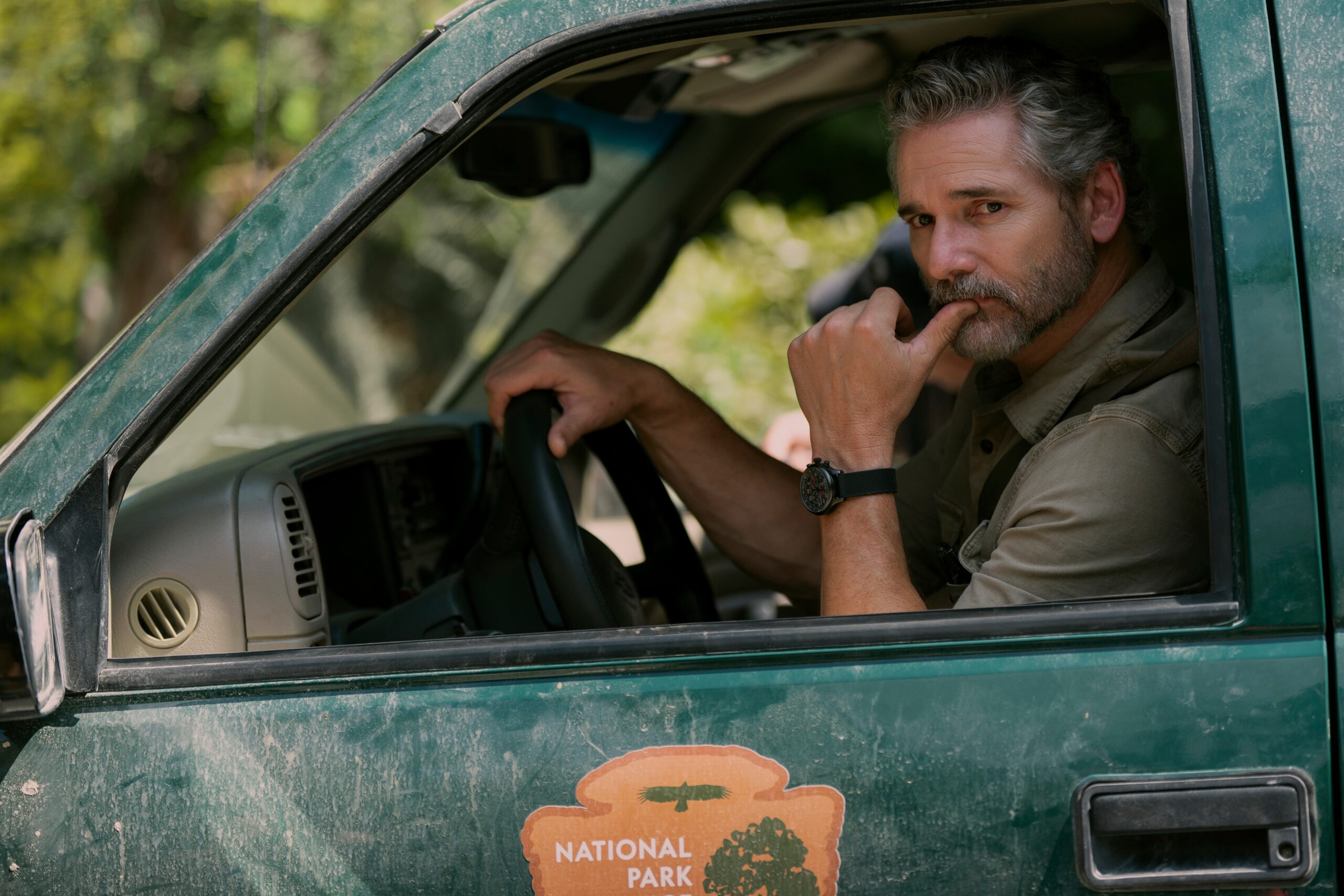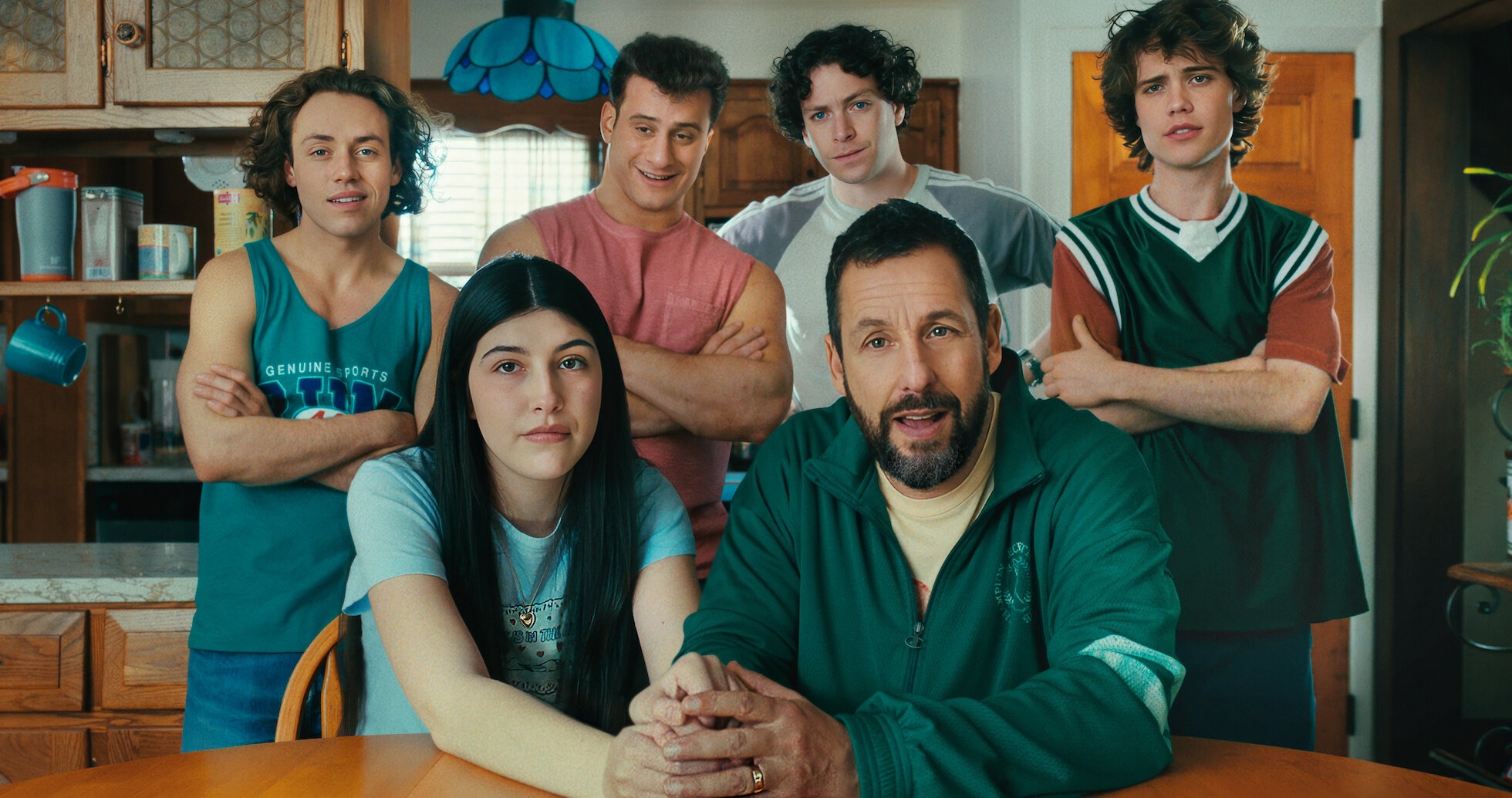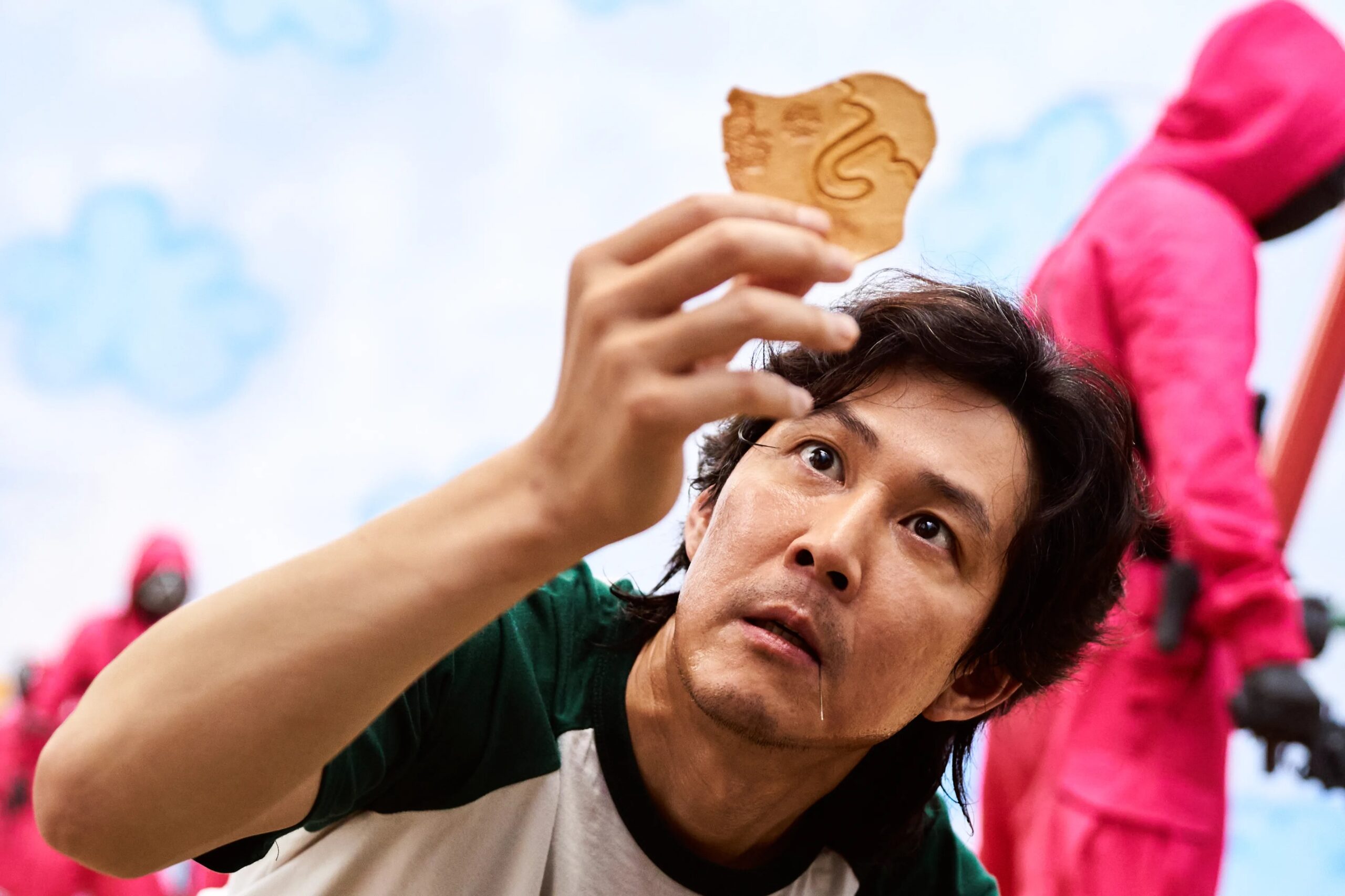Don Kang may not be a household name like Bong Joon‑ho or Lee Jung‑jae, but within Netflix’s walls—and increasingly across Asia’s entertainment capitals—the company’s vice president of Korean content is regarded as a prime architect of the modern Hallyu wave.

On June 18 at the APOS summit in Bali, Kang delivered a keynote that doubled as both victory lap and forward‑looking manifesto.
He unveiled new third‑party data proving that more than 80 percent of global Netflix subscribers who watched Squid Game in 2021 have since sampled additional Korean titles, reinforcing a point he repeats often: “K‑content is not a fad; it’s a habit.”
Below, we profile Don Kang, charting the evolution of his strategy, the slate of 15 originals arriving in the back half of 2025, and what comes after the streamer’s once‑in‑a‑generation phenomenon Squid Game enters its final season.
From Legal Counsel to Content Kingmaker
A graduate of Yonsei University and Columbia Law School, Don Kang began his career in intellectual‑property law before joining CJ Entertainment’s legal division.
Recruited to Netflix in 2016 as director of content acquisition for Asia, he played a key role in licensing early breakout titles like Descendants of the Sun and Signal.
By 2020, he was promoted to VP, tasked with building a pipeline of Korean originals, just as Disney, Apple and local streamer Tving ramped up competition.
“Our mandate was simple but daunting,” Kang told APOS attendees. “Find stories that resonate in Seoul and São Paulo simultaneously.”
The Squid Game Effect in Data Points
Netflix commissioned consultancy Illuminas to survey 11,500 entertainment consumers across six continents. Highlights Kang shared include:
| Metric | Netflix Subscribers | Non‑Subscribers |
|---|---|---|
| Intent to watch K‑content in next six months | 63 % | 36 % |
| Reported emotional impact of Squid Game | 71 % | 42 % |
| Interest in visiting South Korea | 34 % | 17 % |
The takeaway: Squid Game catalysed a self‑reinforcing loop—global viewers discover one Korean series, then linger for more.
2025 Slate: Diversifying Genres, Retaining DNA
Kang teased 15 Korean originals landing between July and December 2025. Standouts include:
- Good News – An R‑rated revenge thriller from Byun Sung‑Hyun (Kill Boksoon) starring Jeon Jong‑seo.
- Genie, Make a Wish – A sweeping romance penned by Kim Eun‑sook of The Glory fame.
- Culinary Class Wars S2 – Reality cooking contest pitting technical‑school graduates against Michelin‑star protégés.
- Physical: Asia S3 – The obstacle‑course survival show expands to 15 countries, hosted by UFC’s Chan Sung Jung.
“We over‑indexed on dramas at first,” Kang noted. “Now non‑scripted is 25 percent of our Korean hours delivered, doubling next year.”

Strategic Pillars Under Don Kang
1. Franchise Potential Beyond Squid Game
While Hwang Dong‑hyuk’s dystopia ends with season 3, insiders say Kang is developing thematic successors—think social critique meets high‑concept genre—rather than direct spin‑offs. Early scripts code‑named 02 Arena and The Divide reportedly explore class warfare in alternate‑reality Seoul.
2. Regional Production Hubs
Netflix has opened two virtual‑production stages outside Seoul in partnership with CJ and Dexter Studios. Kang argues decentralized infrastructure will mitigate schedule bottlenecks and keep VFX spend in‑country.
3. Talent Mobility
In 2024 Kang launched the “Creative Passport” program: Korean directors such as Jeong Seo‑woo (Mask Girl) shadow Western showrunners on European shoots, while U.S. writers’‑room veterans mentor rookie K‑drama scribes.
Challenges on the Horizon
- Cost Inflation: Average K‑drama episode budgets have tripled since 2018; top stars now command $300k per episode. Kang says Netflix will “ruthlessly greenlight or kill” projects based on global travel metrics, not domestic hype.
- Local Backlash: Some Korean networks accuse Netflix of talent poaching. Kang counters by co‑financing terrestrial shows like the forthcoming SBS medical drama Pulse.
- Censorship Risk: Recent political shifts in Seoul have spurred apprehension about darker social critiques. Kang insists creative freedom clauses remain non‑negotiable.
Industry Voices on Don Kang’s Impact
Park Chan‑wook, director, Decision to Leave: “Don’s team trusts auteurs. They say, ‘If it’s universal in Korea, it’s universal everywhere.’”
Kathryn Busby, President, TriStar TV: “We chase K‑format rights weekly now. Netflix’s global testing ground changed the math.”
What’s Next After APOS
- July 2025 – Squid Game S3 global launch; Netflix stages a record‑size parade from Gwanghwamun to Seoul Plaza.
- Q4 2025 – First “Creative Passport” crossover series begins filming in Berlin.
- 2026 – Potential IPO of a Netflix‑backed Korean VFX studio, signaling vertical integration.
Final Word
For many viewers, Don Kang functioned as the invisible architect behind the Korean shows that re‑wired global taste. With Squid Game concluding, Netflix’s VP faces fresh pressure to prove lightning can strike twice—or fifteen times a year. Judging by his APOS data flex and genre‑spanning slate, Kang appears confident that the world’s appetite for K‑content remains insatiable.









